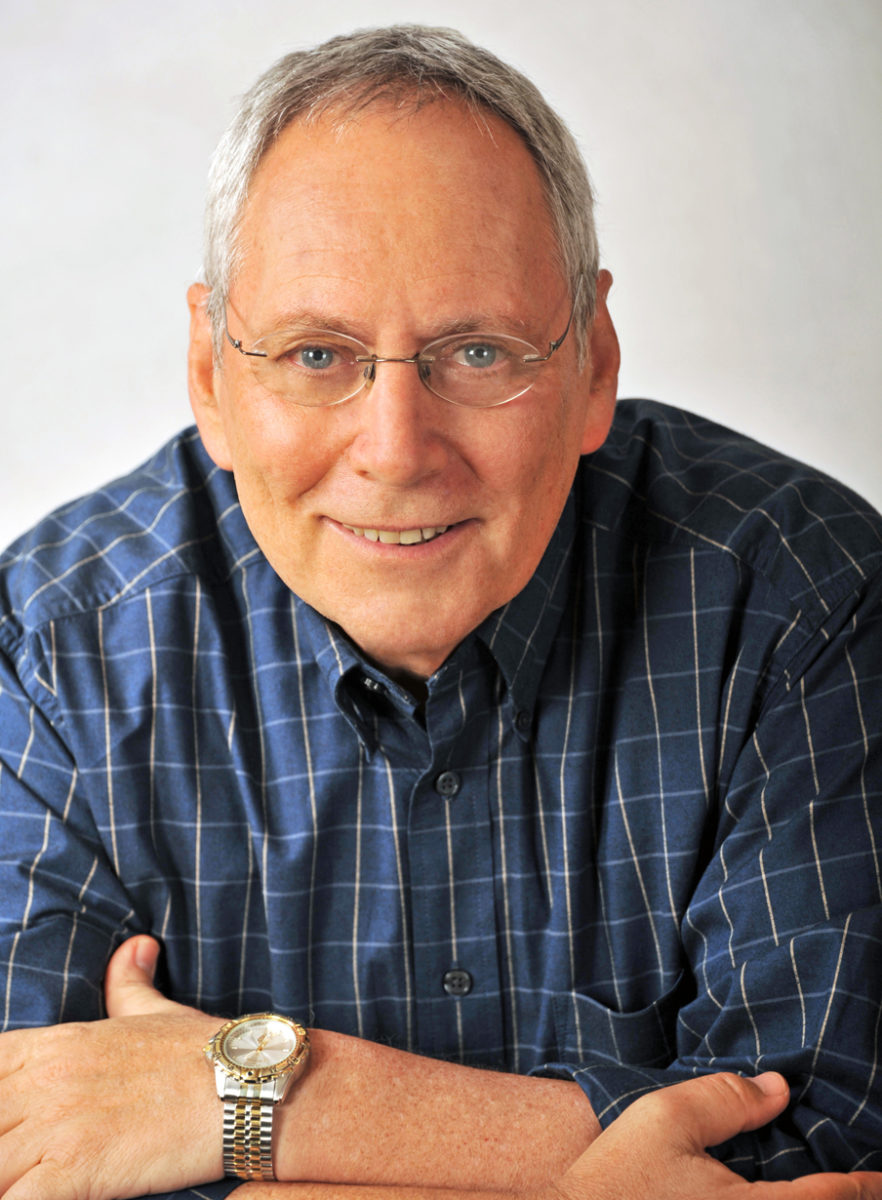Westport naturopath calls for patient empowerment in eldercare treatment
When Dr. Paul Epstein holds seminars on health care for seniors, he engages his audience with a call and response segment that always produces the same results.
“I ask, ”˜How many people go to the doctor?”™ and everyone raises their hand,” said the Westport-based naturopathic physician. “I then ask, ”˜How many people take medicine?”™ and everybody raises their hand. And then I ask, ”˜How many are getting better?”™ No one raises their hand.”

Epstein is a frequent keynote speaker and lecturer on mind-body integrative medicine, and he has witnessed a greater acceptance of this approach to health and wellness among his peers in the medical field. “Thirty years ago, this was considered flaky and woo-woo,” he said. “Now, it is seen as science.”
Still, Epstein is concerned that this approach is often lacking in today”™s eldercare. He warned that too many physicians are missing a major point by focusing on the seniors”™ illness and not the people seeking aid.
“Someone needs to be listening to them,” Epstein said, referring to elderly patients who often feel they are not being respected by their primary care physicians. “Doctors say, ”˜Here take an anti-inflammatory for arthritis.”™ But they don”™t know or understand or have time or inclination to get to know the patient and really care about the whole person, not just the diagnosis.”
As a result of this, Epstein said, seniors find their lives becoming a pattern of going from one doctor to the next. He acknowledged that some seniors complain that they are not being taken seriously by their medical professionals, who give the impression that the patients are
chronic complainers.
Epstein has been conducting eldercare seminars at the Westport Center for Senior Activities for the last 15 years. He has a new six-week program scheduled to begin on May 17. In his presentations, he emphasizes the role that seniors can assume in orchestrating their own wellness rather than becoming dependent on providers for all of their needs.
“I am giving seniors the tools to face the challenges and difficulties of seniordom with a can-do attitude,” he said. “As we get older, the most powerful medicine we have is ourselves. I present classes that have such titles as ”˜Face the Music and Dance”™ and ”˜How to Oy Without the Vey.”™”
Epstein”™s presentations concentrate on the destructive role that stress plays in seniors”™ health, with issues ranging from the death of a loved one to the problems in downsizing and moving from a longtime home at a late age to coping with the increased negativity levels in today”™s news. Epstein faulted eldercare professionals that do not consider the effects of severe stress on seniors”™ health and wellness. “They are not addressing the underlying causes on why we get ill,” he said.
Epstein also warned that many seniors are either actively discouraged from being in charge of their care or they are surrendering to the uncertainties that accompany the aging process. “As we get older, we get more scared and want someone to take care of us,” he said, pointing out that some eldercare organizations give the impression of existing in order “to give you a stairway to heaven through these facilities.”
For Epstein, successful eldercare can be achieved by empowering seniors through positive attitudinal strategies and giving them an equal partnership in determining their well-being.
“We need to offer another reality in providing people with hope and optimism,” he said. “That will have a real effect on health. People have feelings ”” and they are still alive in their eighties. We need to find ways to connect with them and engage them.”